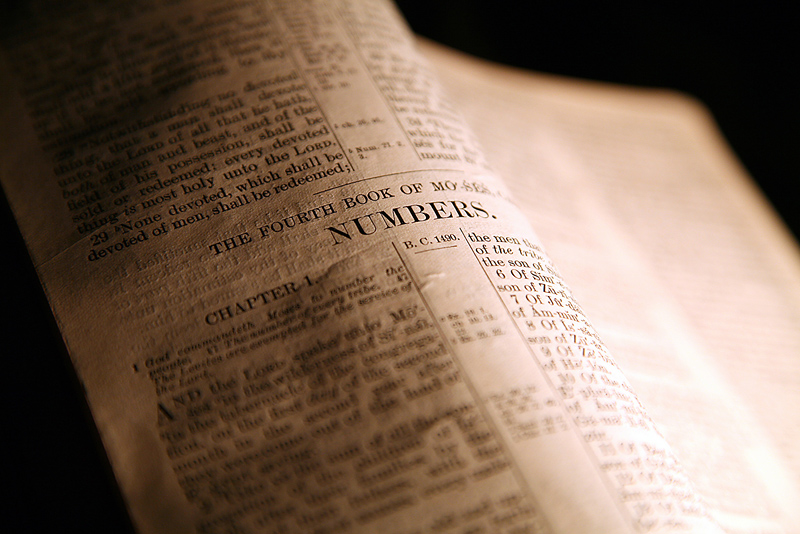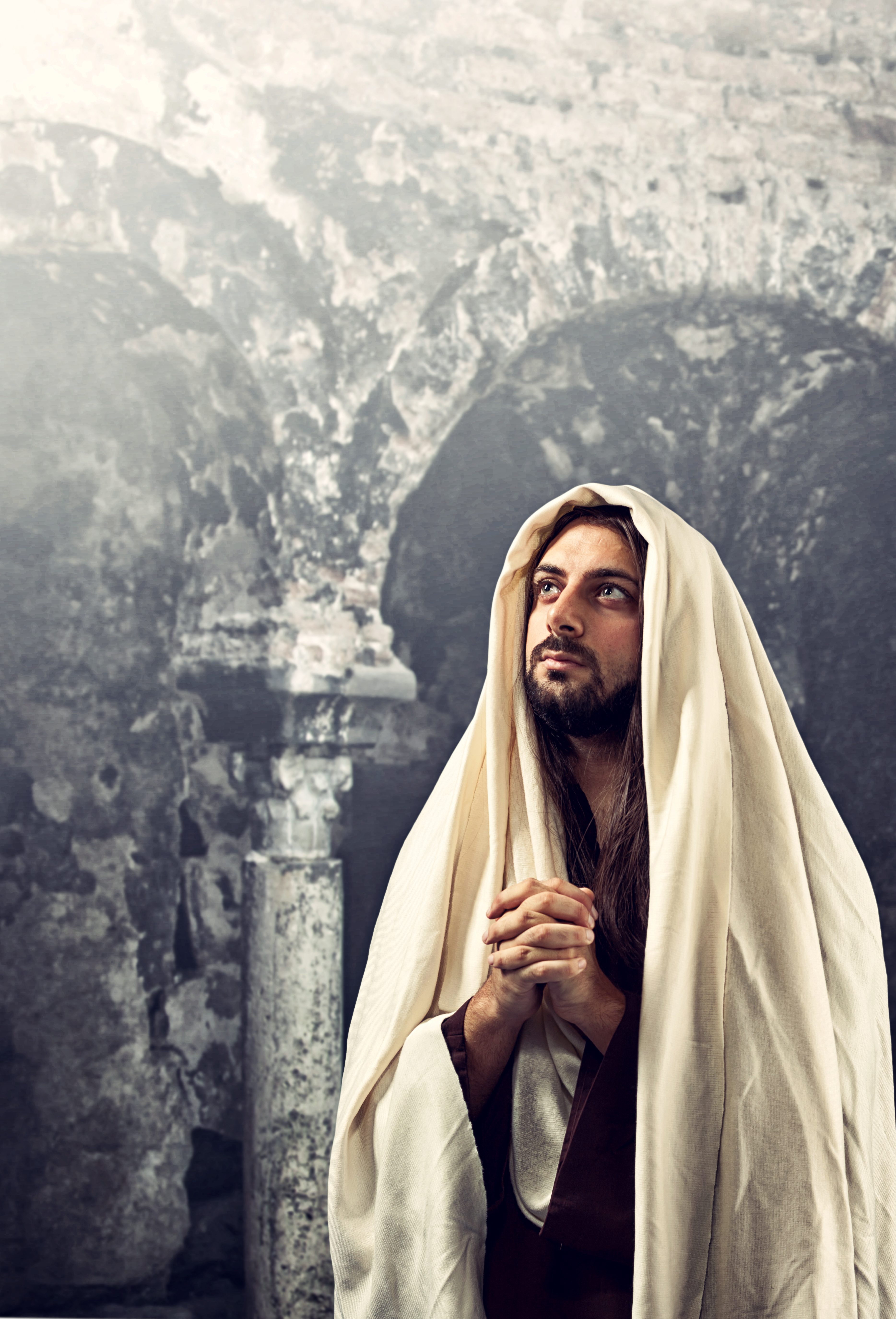
The English name Numbers derives from the fact that in this book the Israelites are counted or numbered on several occasions (see chapters 1, 2, 3, 4, 26). Leviticus ends with YHVH instructing his people to count their flocks for tithe purposes, while Numbers begins with YHVH, as the ultimate Good Shepherd (or in Hebrews, YHVH Rohee), counting the Israelites themselves, who are the sheep of his pasture (Pss 74:1; 79:13; 95:7; 100:3). The fact that this counting took place in the wilderness proves that it was not for political or national economic reasons, but was in fulfillment of YHVH’s Torah instructions. Each Israelite was to give a half-shekel of silver toward the maintenance of the tabernacle. The shekels then counted would give the exact number of Israelites (Exod 30:12–16).
The Hebrew name B’midbar meaning “in the wilderness” originates from the fact that this book chronicles Israel’s wandering in the wilderness. The Book of Exodus, on the other hand, records the deliverance of Israel from Egypt, its establishment as a nation, its covenantal relationship with YHVH and the construction of the tabernacle (mishkan), which was the symbol of YHVH dwelling or tabernacling in the midst of his chosen people. The Book of Leviticus deals with the inner workings of that tabernacle and the mechanics of how sinful man could maintain a right spiritual relationship with a righteous Elohim. This was accomplished through the agency of the Levitical priesthood that would function within the tabernacle as a human intermediary between man and his Creator.
The Book of Numbers covers much of Israel’s forty years wandering in the wilderness and recounts the early years of this nation under YHVH’s theocratic rule. Recorded are Israel’s triumphs and defeats, its obedience and disobedience to YHVH’s rule of law and the resulting consequences whether blessing or curses.
In this book, we see several main subdivisions. Chapters 1:1–10:10 cover instructions from YHVH to Israel while still at Mount Sinai. Chapters 10:11–36:13 cover the Israelite’s actual wilderness journey. The second section dealing with the wilderness journey has two main parts: the perishing in the wilderness of the older generation (10:11–25:18), and the preparation of the second generation of Israelites to enter the Promised Land (chapters 26–36).
Reoccurring themes in the Book of Numbers include the continual murmuring of Israelites and the divine punishment on them as a result. YHVH made promises to care for them and lead them into the Promised Land. Instead of having faith and trust in him, with few exceptions, the Israelites exhibited doubt and unbelief in YHVH. As a result, the entire older generation, with the exception of faithful Joshua and Caleb, perished in the wilderness never to realize the promises YHVH had made to them concerning the Promised Land. This is a poignant lesson for all believers in their faith walk. The spiritual application of this lesson is not missed by the writer of the Epistle to the Hebrews in chapter four of that book. When YHVH makes promises, his people need to embrace those promises with enthusiastic and optimistic faith and never let them go. After all, if we cannot trust our Creator, then who or what can we trust?
In this book, we see revealed the grace of YHVH, that he is longsuffering and slow to anger (14:20–38), but that he is also just, and as a father, he disciplines those he loves. His judgments are measured and progressive. The more his children refuse to obey him and resist him, the stronger the judgments. Eventually, the older generation of Israelites died off in the wilderness. This teaches us that death is the final judgment against the sin of rebellion and unbelief. There are no eternal rewards or spiritual inheritance for those who refuse to take hold of YHVH’s promises and to go forward in faith and faithful obedience to him.
We see the work and person of the future Yeshua the Messiah in the Book of Numbers as well. As Provider, he meets all of Israel’s needs both physical and spiritual. Paul reveals that Yeshua was the spiritual Rock that gave them water in the wilderness (1 Cor 10:4). Twice, Israel received water from the rock (Exod 17:1–7 and Num 20:1–13). Additionally, the secular prophet, Balaam, prophesied about the Messiah who was to rise out of Israel like a star (Num 24:17). Leading rabbinic Jews sages, such as Akiva ben Joseph of the early modern era, mistakenly applied this verse to the Jewish zealot, Bar Kokhba, when he endeavored to throw off the yoke of Roman rule over the Jewish people during the Second Jewish Revolt of A.D. 133–135.





